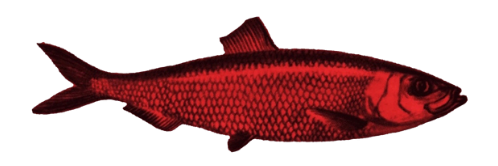In the middle of March 2020, thanks to Arts Council England and lottery players across the country, Kim Tilbrook and I met with Ali Houiellebecq and Barnie Gibbons to pick up the threads of our project – The Whistlers – that had remained dormant for a year. Whirligig Woods is the wonderful outdoor creation space managed by Wild Rumpus, where you play amongst the trees, convene in a beautiful wooden structure to huddle round a fire and have pow-wows and you sleep in caravans, lulled (and awoken) by the sweet song of the birds.
While we’d been inactive as a group for 12 months, our brains had been whirring and our ideas had been slowly percolating. So this was an excellent and timely opportunity to explore what’s changed and – what do we do now? How had our ideas changed? How had we all changed or been changed, temporarily or permanently by the global pandemic? After all, this was the first time many of us had ventured far from home and spent face-to-face time with friends and colleagues. How would the experience of Covid-19 bear upon how we could and wanted to play together and – perhaps more significantly – how would this affect how we might play with the public? What kind of interaction would feel welcome, safe, uplifting? What follows is a series of thoughts, sharing our experience and reflecting on where we’re at, in these strange times.
Post Covid: Ideas Shift
When The Whistlers was conceived in 2018 we wished to use the show to enchant people with the idyllic notion of humans living in harmony nature (specifically song birds). And we wished to subvert this idyl with a sense of alarm. Humans are hard-wired to feel at ease when they hear bird song, as it indicates that there are no predators present. And danger is indicated when the birdsong ceases – either they’re hiding from the threat or the threat has got the better of them. Our intention was to use sound to reflect this ‘natural’ effect. We would use sound to amplify the sound of birdsong within a wood, complemented by the sound of the Whistler characters and the audience whistling. In the méle, people would gradually become aware of the growing presence of man-made sounds – sounds of traffic, industry, explosions – which would eventually overwhelm the whistles and end abruptly, leaving an eery silence.
In March 2020, this ending seemed rather too violent. We’ve all had the proverbial rug pulling from under our feet and perhaps we’re in need of more optimistic messages, showing us how we might navigate the uncertain future ahead of us and get closer becoming in sync with nature. As is generally the case, our mission comes to back to encouraging connection. Only connect.
